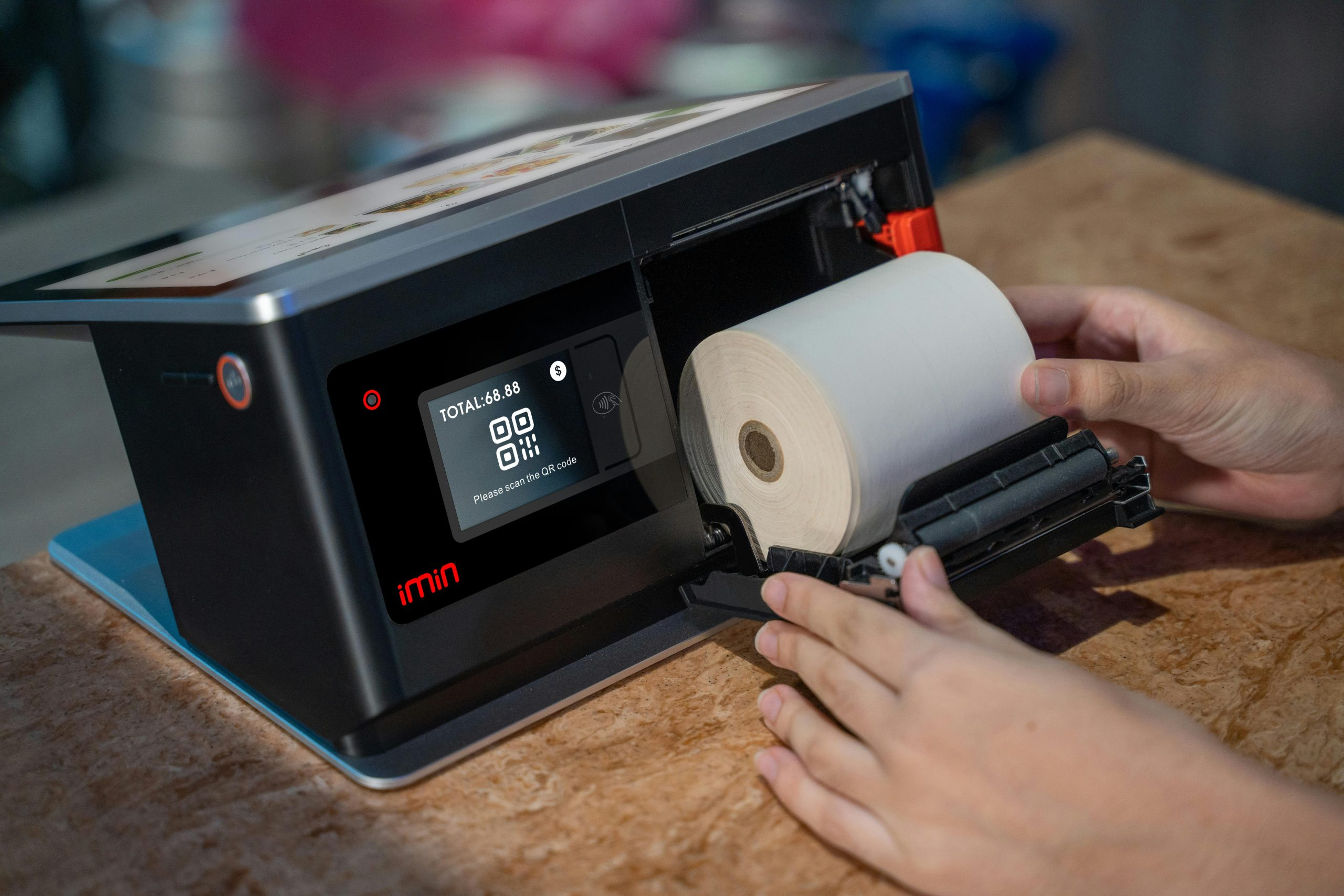Smart Shopping Carts: Technology Streamlining the Checkout Process
Welcome to the future of shopping! With the rise of technology, everything around us is becoming smarter, more efficient, and easier. From smart homes to smart cars, it was only a matter of time until our shopping experience followed suit. Say hello to the latest innovation in the retail world – Smart Shopping Carts. These cutting-edge carts are not only streamlining the checkout process, but they are also transforming the way we shop. Say goodbye to long queues and hassles at the checkout counter, and hello to a seamless and convenient shopping experience. In this article, we will take a deeper look into how this technology is shaping the retail industry and why it’s here to stay. So, let’s dive in! 
The Need for Smarter Shopping Carts
Shopping carts have been an essential part of the retail experience for decades. We all know the drill – you enter a store, grab a cart, fill it up with items you need, and then proceed to the checkout line. However, this seemingly simple process can quickly turn into a nightmare when you have to wait in long queues at the checkout counter. According to research, the average time a customer spends in a store is around 40 minutes, but more than half of that time is spent waiting to pay for their purchases. That’s almost 20 minutes wasted on just standing in line! This is where the need for smarter shopping carts arises – to eliminate the tedious process of waiting in line and making the retail experience more efficient.
How Smart Shopping Carts Work
Smart shopping carts are equipped with advanced technology, such as sensors, cameras, and artificial intelligence. These carts are designed to enhance the shopping experience by improving inventory tracking, automating the payment process, and providing personalized recommendations to shoppers. Let’s take a look at some of the key features of these smart carts:
Touch Screen Display
Most smart shopping carts come with a touch screen display that allows shoppers to scan items as they shop. This eliminates the need to wait in line at the checkout counter and speeds up the overall process. The display also provides real-time information about the total cost of items, any applied discounts, and payment options, making it easier for shoppers to manage their budget.
Automatic Billing and Payment
Gone are the days of having to unload your cart and scan each item at the checkout counter. With smart shopping carts, all you have to do is scan and bag your items as you go. The cart keeps track of everything you scan, and once you’re done shopping, it automatically calculates the total cost and charges your preferred payment method. This not only saves time, but it also eliminates errors in billing and provides a more secure and contactless payment process.
Inventory Management
One of the most significant advantages of smart shopping carts is their ability to track inventory in real-time. These carts are equipped with sensors that detect when an item is taken or returned to the cart. This data is then sent to the store’s inventory management system, keeping track of stock levels and preventing out-of-stock situations. This feature not only ensures a better shopping experience for customers but also helps retailers optimize their inventory and restocking process.
Personalized Recommendations
Smart shopping carts are designed to provide shoppers with a personalized experience based on their shopping habits. With the help of AI and machine learning, these carts can analyze a customer’s purchase history and recommend products that they might be interested in. This not only improves the customer experience but also helps retailers boost sales by promoting relevant products.
The Impact of Smarter Shopping Carts on the Retail Industry
The introduction of smart shopping carts has been a game-changer for the retail industry. It has not only simplified the checkout process but also improved the overall shopping experience for customers. Here are a few ways this technology is making an impact:
Efficiency and Time-Saving
With smart shopping carts, the need for standing in long queues at the checkout counter is eliminated, making the shopping experience faster and more efficient. This saves customers valuable time, making them more likely to return to the store for future purchases.
Reduced Labor Costs
The introduction of smart shopping carts may reduce the need for multiple staff members to be stationed at the checkout counter. This can help retailers save on labor costs and redirect those resources to other areas of the business.
Data Collection and Analysis
Smart shopping carts collect valuable data on customer shopping habits and preferences. Retailers can use this data to gain insights into customer behavior and make informed business decisions. This data can also help improve inventory management and product recommendations.
Marketing and Personalization Opportunities
With access to customer data, retailers can personalize their marketing strategies and target customers with relevant offers and promotions. This can not only increase sales but also improve customer loyalty.
The Future is Here
The retail industry is continuously evolving, and with the introduction of smart shopping carts, it’s taking a giant leap towards a more convenient and efficient shopping experience. This technology is still in its early days, but the potential it holds for transforming the retail industry is immense. As more and more retailers embrace this technology, we can expect to see significant changes in the way we shop.
In conclusion, smart shopping carts are more than just a fancy gadget – they are a game-changer in the retail world. With their advanced technology and features, they are revolutionizing the way we shop and making the process more convenient and efficient. So the next time you enter a store, keep an eye out for these smart carts, and experience the future of shopping first-hand.









